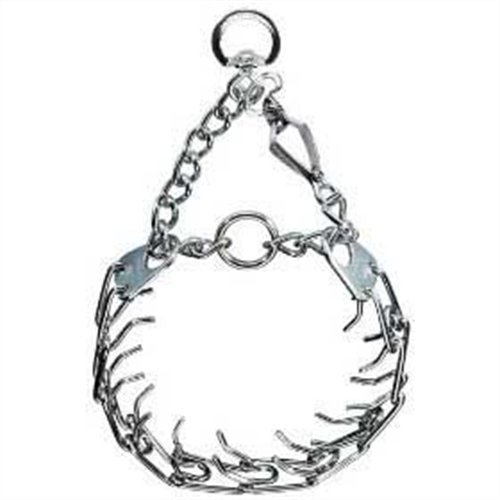How To Housebreak Your Boston Terrier In 5 Easy Steps
Housebreaking a doggy takes time and persistence, but in the case of a Boston Terrier, it's a well-known fact that they are uncommonly tough to housebreak.
While there is no perfect way to make the experience more manageable, consitency is crucial with any trick. Housebreaking your Boston Terrier can be a challenging business, but consistently follow these 5 easy steps and you'll be sure to get results much more quickly!
First thing to do?. Begin crate training promptly. Puppies do not like to urinate where they sleep, so this step alone can go a long way. Even if the random accident does take place in the crate, you can be assured it will only take place in one confined, easy-to-clean area. If you skip this step, your doggy will have full range of the home while you're gone, and will have accidents wherever they feel the urge. Baby dogs need to relieve themselves about 6 times a day, so believe that they will make use of the entire house if you leave it up to them.
Step 2. After your Boston Terrier eats, take them outside immediately. This can be a remarkably crucial step which will need your full attention and concentration. You'll need to be there to monitor eating at first. The reason you'll need to do this is that your puppy will generally need to relieve itself immediately and if you're not there to make sure they're in the right spot, you may get back just that one second too late.
Step 3. Clean up all accidents immediately and thoroughly. The principal reason why, is simply because we want to dispose of proof that the accident ever happened, particularly the smell. If there is a lingering odor, this can cause the puppy to think this is the correct place to go and cause a repeat offense in the same location. Another essential reason could be to keep your home.
Step 4. Take repeated and random trips outside, or to the restroom location and use encouraging words. To elaborate on that a bit, my 4-year-old Boston Terrier pees on command, simply because I trained her to go when I said "pee pee." This isn't just beneficial during training, but also later on when you're in a rush and need them to go quickly.
Step 5. Do not punish "accidents." Especially when they are puppies, they won't understand what you're upset about anyway. This is part difficult for some dog owners, but the fact of the matter is that dogs respond better to positive stimulus than negative. Additionally, while you want your puppy to respect you, you do not want them to fear you. Boston Terriers, more so than other breeds, are notoriously sensitive to the tone of your voice, so even yelling and harsh tones can send them shaking and cowering into the corner. And worse case, it can cause them to urinate in fear, further compounding the problem.
In the end, if you have stuck with the above mentioned tips all the way, you'll have succeeded and now can relax and relish the benefits of that success. Housebreaking a Boston Terrier is no easy job, so you can be a little bit pleased with yourself and self-satisfied! You set out to "Climb this mountain", and today you have done it! Revel a little bit in your accomplishment. Now have fun with your newly trained best friend!
If you do not stick to the above tips, your Boston should eventually figure it out, but you may end up with a very soiled home in the process! Good luck!

 Canine Nutrition and Wellness Part 3: To Give or Not to Give Your Dog Supplements?
Nowadays, if you browse the
Canine Nutrition and Wellness Part 3: To Give or Not to Give Your Dog Supplements?
Nowadays, if you browse the
 Caring For Your Golden Doodle
Owning a puppy or a dog can
Caring For Your Golden Doodle
Owning a puppy or a dog can
 10 Dog Breeds For Laid Back Lifestyles
10 Dog Breeds For Laid Back Lifestyles
Make Room On The
10 Dog Breeds For Laid Back Lifestyles
10 Dog Breeds For Laid Back Lifestyles
Make Room On The
 How To Select And Fit A Prong Collar
A prong collar looks like a
How To Select And Fit A Prong Collar
A prong collar looks like a
 Raw Food Diet for Dogs
Raw Food Diet for Dogs: the
Raw Food Diet for Dogs
Raw Food Diet for Dogs: the